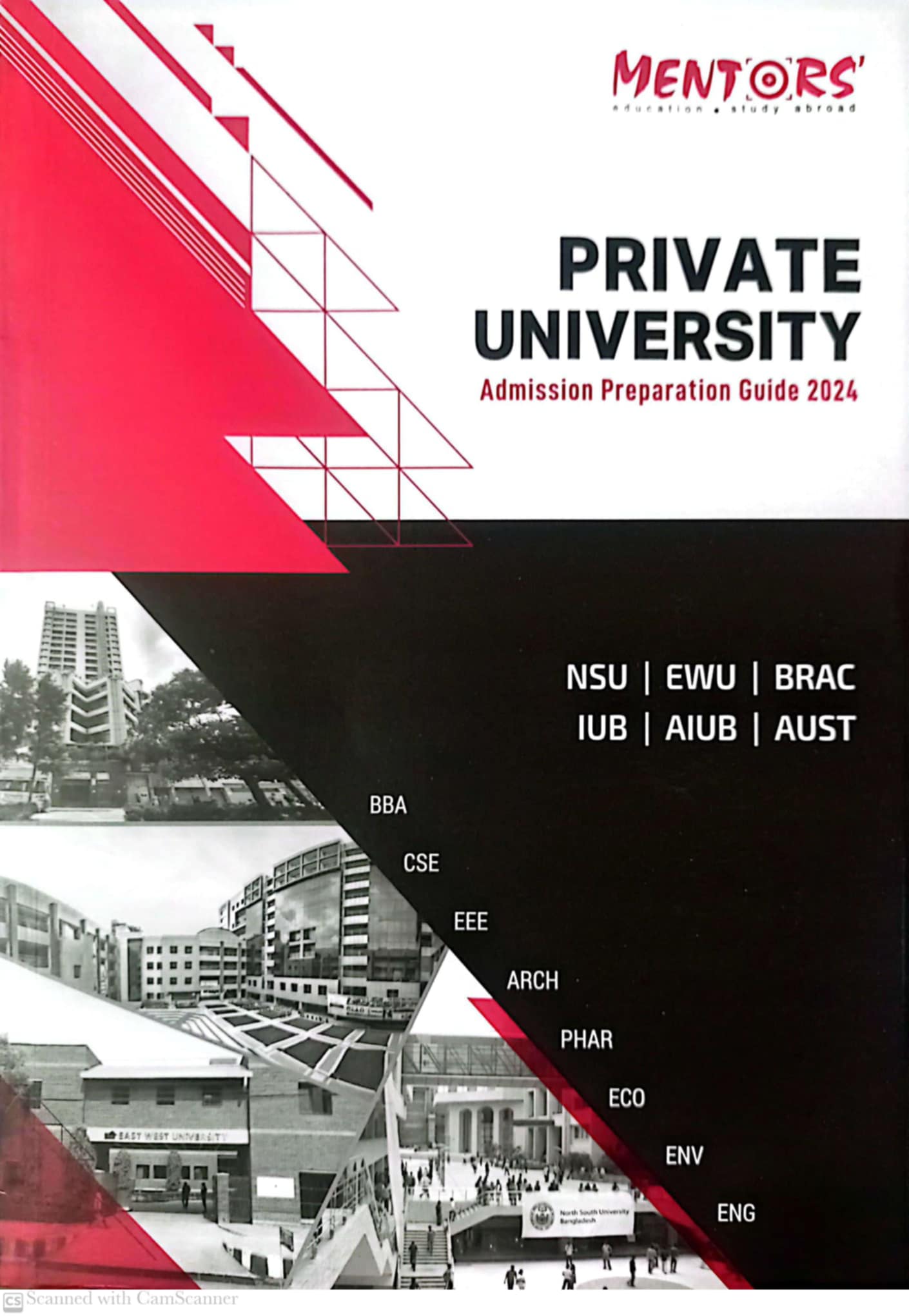The Ultimate University Admission Guide: A Step-by-Step Approach for Success
Introduction: Understanding the University Admission Process
Navigating the university admission process can be overwhelming, especially with the variety of requirements and deadlines to meet. However, with the right guidance and preparation, you can turn this challenging journey into a rewarding experience. Whether you’re applying for undergraduate or graduate programs, having a clear plan can significantly improve your chances of being admitted.
In this guide, we’ll walk you through the key steps, tips, and strategies that will help you successfully navigate the university admission process.

1. Research Your University Options
1.1 Identify Your Goals and Preferences
Before starting your application, take the time to research different universities and identify the ones that best align with your academic and personal goals. Consider factors such as the programs offered, campus culture, location, and extracurricular opportunities.
-
Programs and Majors: Choose universities that offer the courses or majors you’re interested in.
-
Campus Life: Research the social, academic, and extracurricular opportunities at each school to ensure it’s a good fit for your lifestyle.
1.2 Use Online Resources
There are many online resources that provide detailed information about universities worldwide. Websites like U.S. News & World Report and College Board offer rankings, admissions statistics, and campus reviews to help you make an informed decision.
-
University Websites: Visit the official websites of the universities you’re interested in for the most up-to-date and accurate information.
-
Virtual Tours: Many universities offer virtual tours that allow you to explore their campuses from the comfort of your home.
2. Understand the Admission Requirements
2.1 Gather the Necessary Documents
Each university has its own set of admission requirements. Commonly required documents include:
-
Application Forms: Complete the application forms for each university. Some schools use centralized application services like UCAS for UK universities.
-
High School/College Transcripts: Provide proof of your academic performance through official transcripts.
-
Letters of Recommendation: Most universities require recommendation letters from teachers, counselors, or employers who can speak to your abilities and character.
2.2 Standardized Test Scores
Many universities require standardized test scores like the SAT, ACT, or GRE. Some universities may also request subject-specific tests. It’s important to understand whether your chosen universities have test-optional policies or if these tests are a critical part of their admission decisions.
-
Prepare in Advance: Start studying for these tests well in advance to ensure you have enough time to retake them if necessary.
-
Submit Test Scores: Make sure you submit your test scores according to the university’s requirements.

3. Prepare Your Application Essays
3.1 Write a Strong Personal Statement
Your personal statement is a key component of your application. This essay allows the admissions committee to get to know you better and understand why you want to attend their university. It’s your chance to stand out from the crowd and showcase your unique qualities.
-
Tell Your Story: Highlight your experiences, accomplishments, and goals. Make sure your personal statement reflects your personality and passion.
-
Be Authentic: Write in your voice and avoid using clichés. Admissions officers want to hear about your genuine experiences.
3.2 Focus on the University’s Mission
When writing your application essays, keep in mind the university’s mission and values. Show how you align with the institution’s goals and explain why you believe it’s the right place for you.
-
Research the University’s Values: Understand what the university stands for, and integrate that into your essays.
-
Customize Your Essays: Tailor your essays for each university to reflect how their programs and culture align with your aspirations.
4. Collect Strong Letters of Recommendation
4.1 Select the Right Recommenders
Choosing the right recommenders is essential for a successful application. Select individuals who know you well and can provide meaningful insights into your academic abilities, character, and potential.
-
Teachers: Teachers who have taught you in relevant subjects and can speak to your intellectual curiosity are ideal.
-
Counselors or Mentors: If possible, include a recommendation from a counselor or mentor who can speak to your character and extracurricular involvement.
4.2 Request Recommendations Early
It’s essential to give your recommenders enough time to write thoughtful and compelling letters. Aim to ask for recommendations at least 4-6 weeks before your application deadlines.
-
Provide Information: Help your recommenders by providing them with a list of your achievements, personal statement, and specific details about the universities you are applying to.
-
Follow Up: Keep in touch with your recommenders and ensure they submit the letters on time.
5. Submit Your Application and Pay Attention to Deadlines
5.1 Track Application Deadlines
Each university has its own application deadlines, so it’s crucial to stay organized. Some schools may have early action or early decision options, while others may have rolling admissions.
-
Create a Timeline: Use a calendar to keep track of your application deadlines and stay on top of the various tasks you need to complete.
-
Apply Early: If possible, submit your applications ahead of time to avoid last-minute stress.
5.2 Submit All Required Documents
Before submitting your application, double-check that you have included all the necessary documents, including transcripts, test scores, essays, and letters of recommendation. Incomplete applications can lead to delays or disqualification.
-
Application Fees: Many universities charge an application fee. Make sure you pay these fees on time to complete your application.

6. Financial Aid and Scholarships
6.1 Apply for Financial Aid
University tuition can be expensive, but there are many financial aid options available. Start by completing the FAFSA (Free Application for Federal Student Aid) or any other relevant financial aid forms required by the universities you’re applying to.
-
Scholarships: In addition to financial aid, many universities and private organizations offer scholarships based on merit, need, or specific criteria. Be sure to apply for as many scholarships as possible.
-
Work-Study Programs: Some universities offer work-study programs that allow you to work part-time while attending school to help cover expenses.
6.2 Understand Your Financial Aid Package
Once you receive your financial aid package, carefully review the offers and terms. If you have questions or concerns, don’t hesitate to contact the university’s financial aid office for clarification.
-
Compare Offers: If you’ve been accepted to multiple universities, compare the financial aid offers to determine which is the best fit for your budget.
-
Plan for College Costs: Budget for additional expenses like textbooks, housing, and transportation.
7. Frequently Asked Questions About University Admission
Q1: How do I choose the right university for me?
A1: Start by researching universities that offer the programs you’re interested in, and consider factors such as location, campus culture, and financial aid options. Use online resources and visit campuses to help you make a well-informed decision.
Q2: What is the best way to prepare for standardized tests?
A2: Begin studying for standardized tests well in advance using official prep materials, practice tests, and online resources. Consider enrolling in test prep courses if needed.
Q3: How can I improve my chances of getting accepted?
A3: Submit a strong application that showcases your achievements, essays, and extracurricular activities. Seek recommendation letters from teachers or mentors who can provide insightful and positive endorsements.
Q4: What should I include in my personal statement?
A4: Your personal statement should highlight your experiences, goals, and reasons for wanting to attend a particular university. Be authentic, show passion, and tailor it to each school.
Conclusion: Taking the First Step Towards Your Future
The university admission process can be demanding, but with careful preparation and attention to detail, you can increase your chances of being accepted into the university of your choice. By following this university admission guide, staying organized, and presenting yourself authentically, you will be well on your way to a successful college experience.
Start planning early, gather your documents, write compelling essays, and apply for financial aid to ensure your future is bright. The path to university admission starts here!










